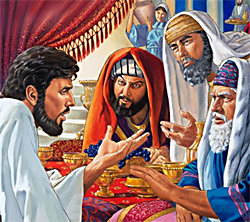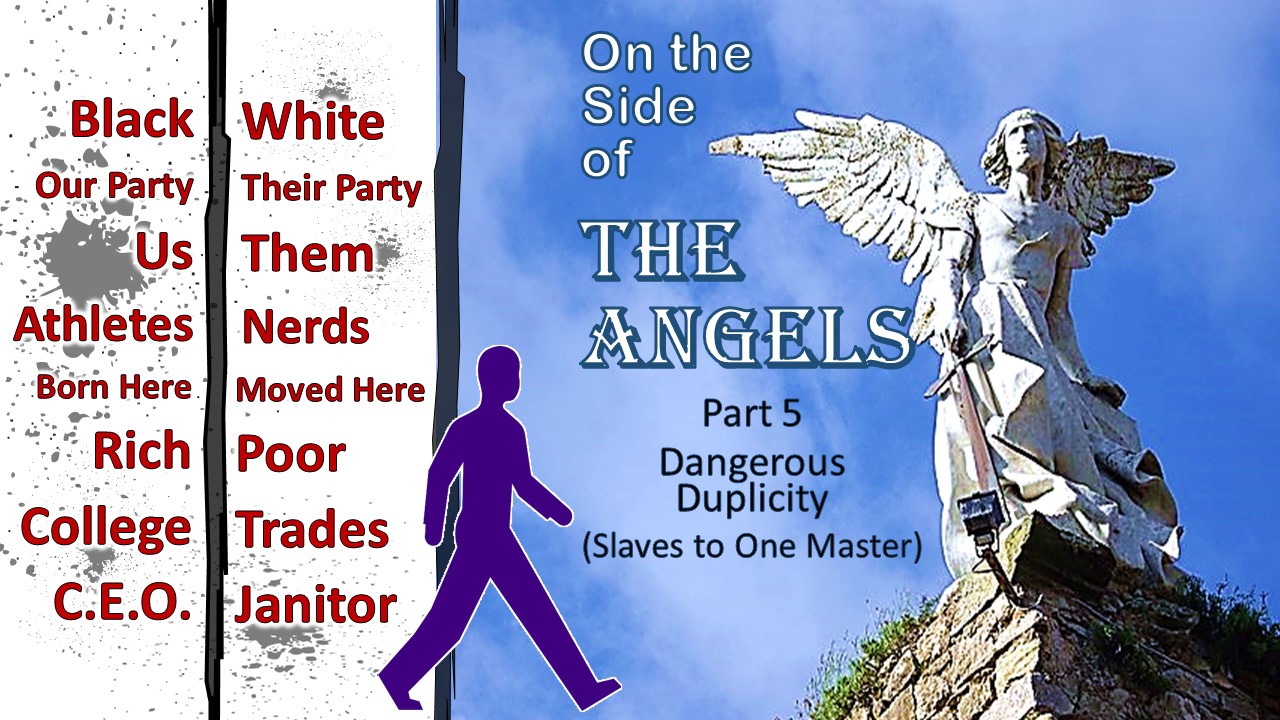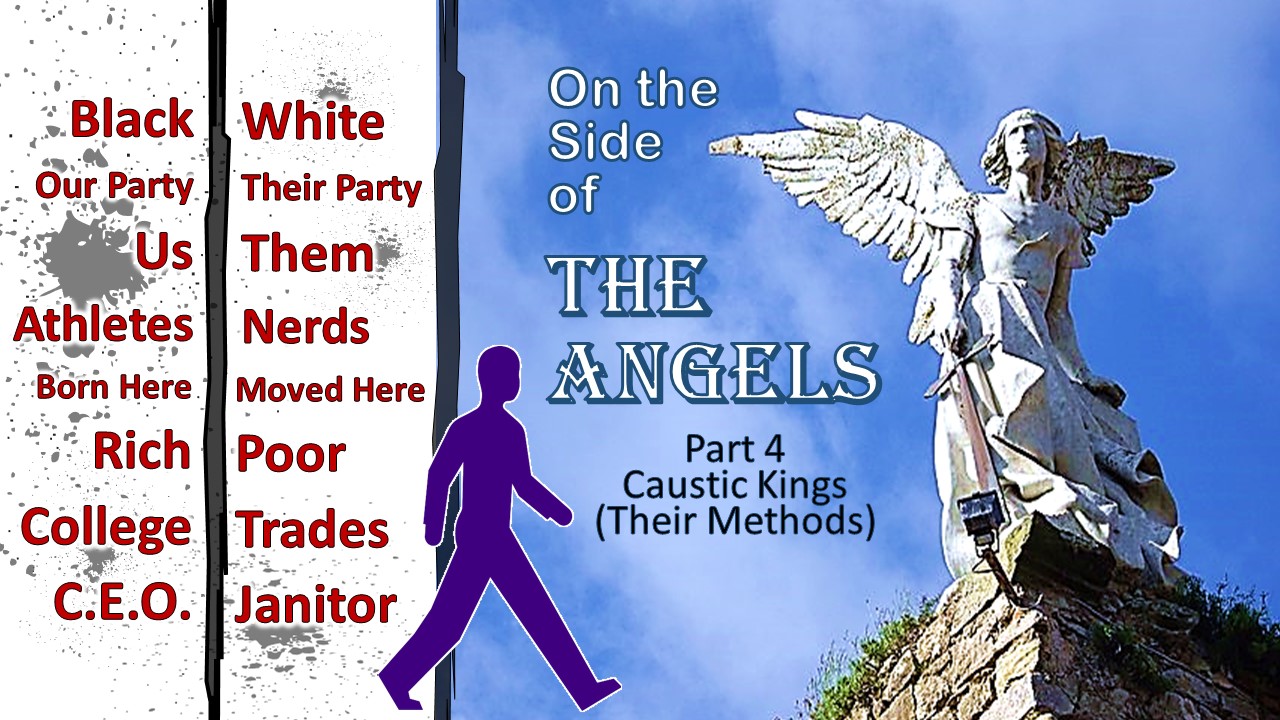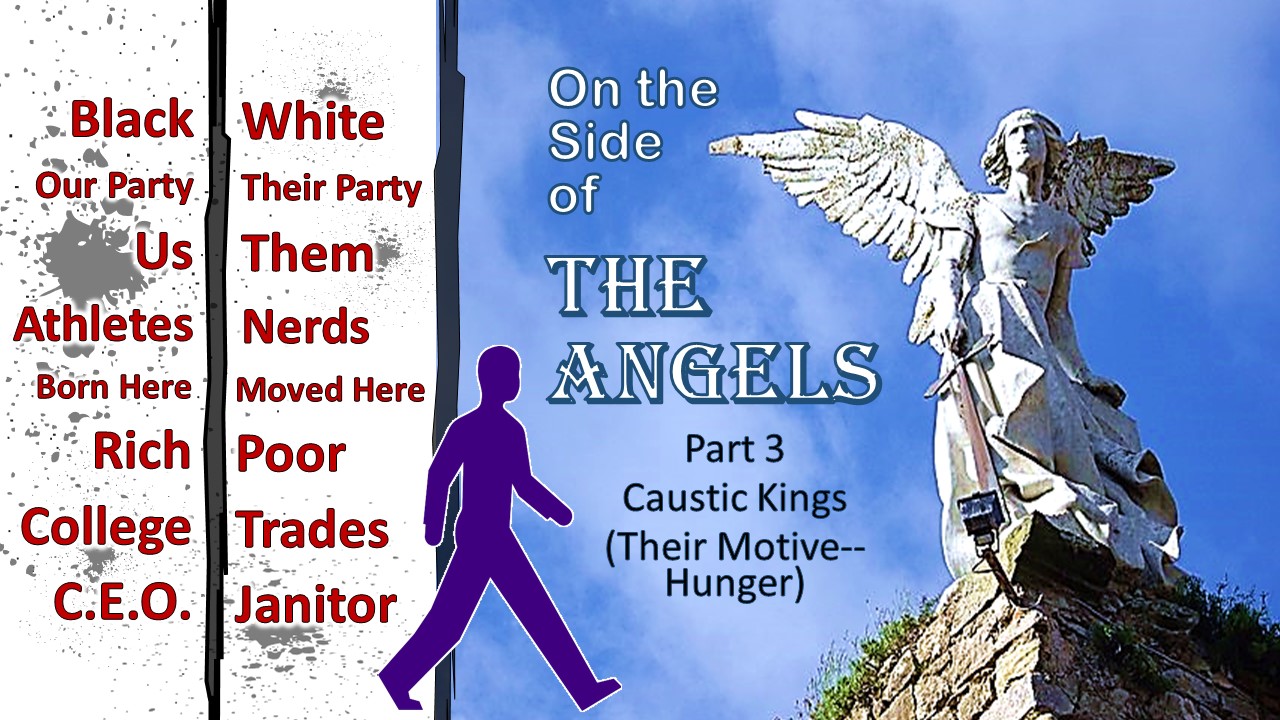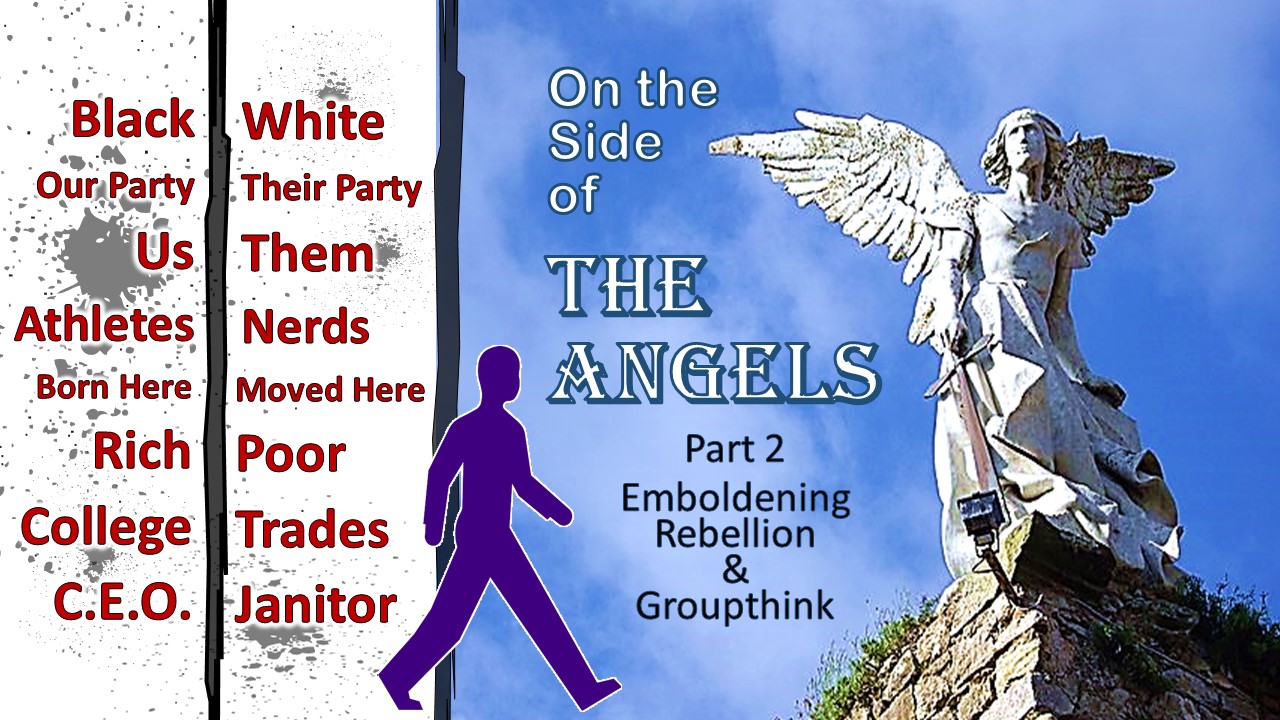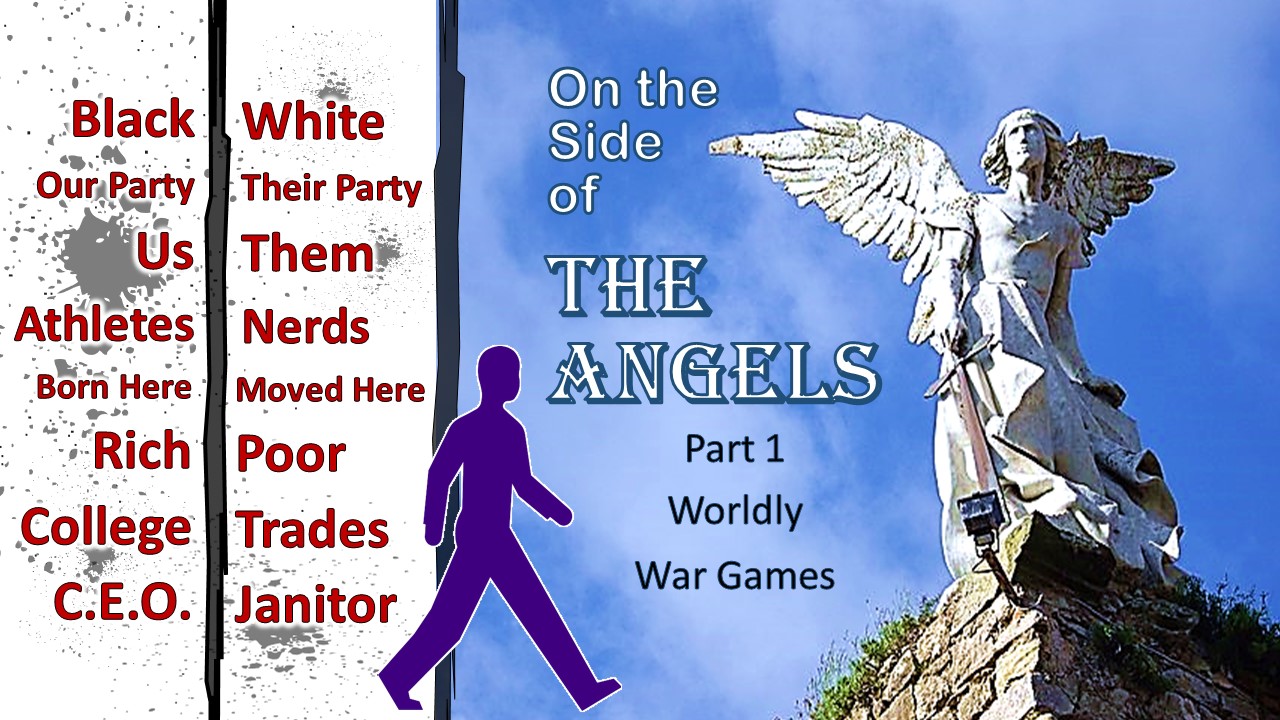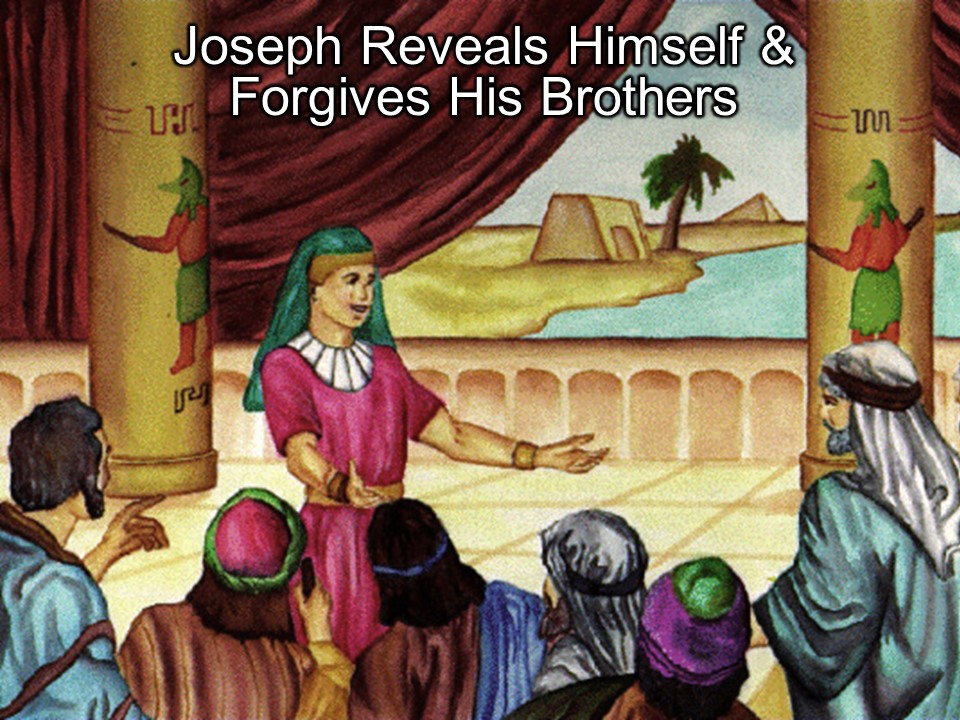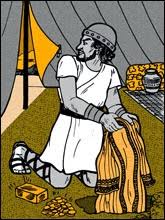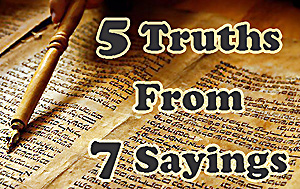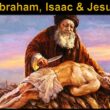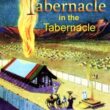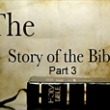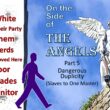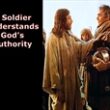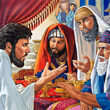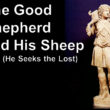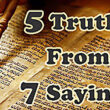Outreach Quote of the Day:
“There is no kindness more cruel than the kindness which consigns another person to their sin.”
Dietrich Bonhoeffer
Download Free PowerPoint Here:
Preview PowerPoint Here:
Watch Our Live Teaching Here:
Video Lesson #14 – God’s Timetable, pt. 8
A Tale of Two Kings pt. 1
(Herod’s Greek World – Seeking Pleasure)
We have been looking at God’s timeline for dealing with mankind and the sin problem. It is interesting to explore the history and culture in which biblical events occurred.
The birth and crucifixion of Jesus were the MAIN events. All previous events were designed to prepare mankind for this moment in time.
In this lesson, we begin a look at the life and reign of “Herod the Great.” From the background, culture and attitudes of this one man, we can learn everything we need to know about the times in which Jesus was born.
It is also interesting to note how similar those times were to the attitudes of today.
We recommend the following music to go with your lesson time together:.
1) “Lord, I Offer You My Life”
2) “I Owe You Everything”
3)“Turn Your Eyes Upon Jesus”
4) “I Have Decided to Follow Jesus”
May God Bless Your Session
__________________________________________
A Tale of Two Kings Pt. 1 Transcript
Herod’s Greek World (Seeking Pleasure)
Remember, God is working from a timetable!
He has everything scheduled for the rest of time.
In Review
In our last lesson we saw that “Wise Men Still Fear Him”
We learned:
The Lion of Judah was mentioned by Jacob when he prophesied over his son named Judah.
It was a prophecy about a mighty ruler—the Christ, who would come from Judah’s tribe.
Years later, Balaam also gave a prophecy.
Balaam’s version continued Jacob’s foretelling of the “Lion of Judah” plus he added the appearance of a special star.”
So, now we have His tribe and His promised star.
It is a prophecy about a coming King who is to be greatly feared by the enemies of Israel, by all nations and, eventually, by every man.
Num 24:2-23 GW
“…A star will come from Jacob. A scepter will rise from Israel. He will crush the heads of the Moabites… Edom will be conquered… He will rule from Jacob and destroy whoever is left in their cities. Then Balaam saw the Amalekites and delivered this message: Amalek was first among the nations, but in the end it will be destroyed… Oh no! Who will live when God decides to do this?”
Now, this is a wonderful promise, unless, of course, you come from Edom or Moab or Assyria or any of the areas that have been enemies of Israel.
Look at what prophecy said about Assyria…
Micah 5:1-6 (AMPC)
“They [Assyria] shall smite the ruler of Israel with a rod (a scepter) on the cheek. But you, Bethlehem Ephratah, you are little to be among the clans of Judah; [yet] out of you shall One come forth (for Me) Who is to be Ruler in Israel, Whose goings forth have been from of old…
For this reason, the wise men (who were most likely from the Assyrian area) chose to seek the coming Messiah and worship Him rather than fight Him—Wise men still fear Him!
Jer. 23:5, 6 (GNT)
“The LORD says, “The time is coming when I will choose as king a righteous descendant of David. That king will rule wisely and do what is right and just throughout the land… He will be called ‘The LORD Our Salvation.”
Jesus is the promised King of both the Jews & the whole universe.
He would be from the tribe of Judah, and He would be from the line of David.
Now we will begin our study called “A Tale of Two Kings.”
Most Jews knew that a promised King–Messiah, was coming.
They also knew they were nearing the year that Daniel had prophesied Messiah would come.
And they understood that soon after He came, the Temple & Jerusalem would be destroyed.
Let’s take a close look at an evil king of Judea who knew exactly who the baby Jesus was. This evil man was “Herod the Great” King of Judea.
He knew exactly who Jesus was and he hated him for it.
To really understand why his hatred was so fierce, we need to learn a little Jewish history and background about Herod’s own family.
The ancient world has always been a cut-throat arena (as that area of the world still is today). Throughout history, Israel was conquered by one empire after another.
We will pick up the story when Israel is nearing the end of her subservience to the Greek empire.
At this time, the acting occupying Greek King was, Syrian born, Antiochus IV (an·tai·uh·kuhs).
Even though they hated being conquered and then occupied by the Greeks, Jews, at this time, wanted to fit in with the prosperous Greek culture (no one likes being a weirdo).
Greek ways were popular, while Jewish ways were considered strange and old-fashioned.
The ordinary Jew of the day was aspiring to be more “Greek-like” in thought and deed.
To understand what it meant to act and think Greek, we need to understand a bit more about Greek Philosophy.
There were three historical seasons of Greek thought:
Pre-Socratic, then Socratic and lastly, post-Socratic.
The word Socratic comes from the famous Greek philosopher, Socrates.
The Pre-Socratic philosophers concentrated on theories about the origin of everything.
Then Socrates came along. He was not so concerned with the origin of everything. He was more focused on ethics, morality, and the best form of government—the right way for men to live and nations to govern.
He believed it was impossible to ever know anything for sure, therefore, the best way to pursue truth is to ask questions, relentless questions,
question everything. This is now known as the “Socratic Method.”
Eventually, Socrates asked just too many questions and upset some of the wrong people.
It seems people don’t like to be questioned about the right and wrong of their behavior.
He was tried and sentenced to death.
Now we come to Post-Socratic Philosophy.
This is the era we are focusing on in this lesson.
Israel was occupied by the Greeks.
This ruling power and their philosophy dominated popular thought—even in the Jewish community.
Post-Socratic Philosophy is also called, “Hellenistic.”
Now, this new “Hellenistic” thought, and lifestyle is quite different from that of Socrates and his predecessors.
The Hellenistic world had become very prosperous.
Yet, wealthy as they were, there was still pain and suffering.
The teachers of philosophy began to ask the question, “What makes for a good life?” There were several schools of thought:
“Epicureanism” taught that we shouldn’t be trying to maximize pleasure, but rather to minimize pain (both mental and physical).
So, they pursued lifestyles that promised them ways to just find peace.
Sound familiar?
“Stoicism” concluded that humans can not change their conditions to be either more pleasurable or less painful.
Face it, trouble comes to everyone. Don’t fight it, just face it and endure it.
Happiness and peace can only be found by embracing life—hard as it is.
Sound familiar?
Whether it be seeking happiness through chasing pleasures, avoiding or embracing pain, each of these Greek philosophers are seeking one thing; human happiness in an unhappy world.
Human happiness being the purpose and goal in life.
It became fashionable for philosophers to come from all over the known world to debate their differing ideas.
And true to the old Socratic Method, no conclusions were ever made… just endless questions.
It was to an environment like this that Paul later came to preach in the Greek city of Athens.
Acts 17:16-34 NIV
“While Paul was waiting for them in Athens, he was greatly distressed to see that the city was full of idols. So, he reasoned in the synagogue with both Jews and God-fearing Greeks, as well as in the marketplace day by day with those who happened to be there.
Acts 17:16-34 NIV (cont.)
…A group of Epicurean and Stoic philosophers began to debate with him. Some of them asked, “What is this babbler trying to say?” Others remarked, “He seems to be advocating foreign gods.” They said this because Paul was preaching the good news about Jesus and the resurrection…
Acts 17:16-34 NIV (cont.)
…“People of Athens! I see that in every way you are very religious. For as I walked around and looked carefully at your objects of worship, I even found an altar with this inscription: to an unknown god. So, you are ignorant of the very thing you worship—and this is what I am going to proclaim to you…
Acts 17:16-34 NIV (cont.)
…“The God who made the world and everything in it is the Lord of heaven and earth and does not live in temples built by human hands…. He has given proof of this to everyone by raising him from the dead.”…
Acts 17:16-34 NIV (cont.)
…When they heard about the resurrection of the dead, some of them sneered, but others said, “We want to hear you again on this subject.” At that, Paul left the Council. Some of the people became followers of Paul and believed…”
It was hard to preach to this idea-driven society…
At first the Greek conquerors were tolerant of Jewish religion and traditions—as if the Greek and Jewish ways and values could somehow exist side by side.
Jews were fascinated by Greek life.
They were rich and sophisticated, lovers of pampering bath houses, elaborate dress, educated in literature and many languages, sports minded with grand arenas, arts minded, and rich in mythology and folklore with thrilling stories of their many gods.
Deuteronomy 8:11-14 ISV
“Be careful! Otherwise, you will forget the Lord your God by failing to keep his commands, ordinances, and statutes…
Otherwise, when you eat and are satisfied, when you have built beautiful houses and lived in them, when your cattle and oxen have multiplied, and when your silver and gold have increased, then you will become arrogant. You’ll neglect the Lord your God…”
James 4:4 TLB
“You are like an unfaithful wife who loves her husband’s enemies. Don’t you realize that making friends with God’s enemies—the evil pleasures of this world—makes you an enemy of God? I say it again, that if your aim is to enjoy the evil pleasure of the unsaved world, you cannot also be a friend of God.”
Historians tell of a Jew named Joshua (a popular Jewish name).
He was the brother of Israel’s High Priest.
However, this Joshua changed his name to Jason because he wanted to fit in with his Greek friends and neighbors.
Believers need to grow into biblical values and be cleansed of our old Hellenistic tendencies.
This Jason was also very ambitious.
He bribed the reigning Greek occupying King to kill his own brother (the current High Priest) and appoint him as the new High Priest.
After Jason was made High Priest, he showed his gratitude to Antiochus by changing the name of the very city of “Jerusalem” to “Antiochia” (honoring the Greek king)..
Now, the Jew’s city name sounded more Greek—more “normal.”
Residents were to raise their children in the style of the Greeks and learn the Greek language.
To further honor the Greeks, Jason built a gymnasium where Greek sports could be played, and Greek beliefs could be taught.
Jason wanted to bring his fellow Israelites into the modern Greek way of life and remove them from their poor, ragged reputation of being weird, religious separatists.
1 Tim. 6:6-11 Phillips
“There is a real profit, of course, but it comes only to those who live contentedly as God would have them live. We brought absolutely nothing with us when we entered the world and we can be sure we shall take absolutely nothing with us when we leave it. Surely then, as far as physical things are concerned, it is sufficient for us to keep our bodies fed and clothed…
1 Timothy 6:6-11 Phillips cont.
…For men who set their hearts on being wealthy expose themselves to temptation. They fall into one of the world’s traps, and lay themselves open to all sorts of silly and wicked desires, which are quite capable of utterly ruining and destroying their souls. For loving money leads to all kinds of evil, and some men in the struggle to be rich have lost their faith and caused themselves untold agonies of mind.
1 Timothy 6:6-11 Phillips cont.
…But you, the man of God, keep clear of such things. Set your heart not on riches, but on goodness, Christ-likeness, faith, love, patience and humility. Fight the worthwhile battle of the faith, keep your grip on that life eternal to which you have been called, and to which you boldly professed your loyalty before many witnesses.
Revelation 3:15-20 KJV
“…. you say, “I am rich, have become wealthy, and have need of nothing”—and do not know that you are wretched, miserable, poor, blind, and naked…”
Eventually the tides turned (as they always will when our only endeavor in life is our own happiness and personal agenda).
The day came when Antiochus the III, was replaced by his son, Antiochus IV.
He reversed the tolerance policy and issued a decree banning Jewish circumcision, …
…scripture study, observance of the Sabbath and Jewish holy days.
He then killed 80,000 Jews and sold 40,000 more into slavery.
He forced any remaining Jews to worship his Greek gods and to eat foods forbidden by Jewish law.
He also robbed the Temple treasures and desecrated the Temple.
He felt the Jews were not “inclusive” enough.
He felt they should welcome the ideas of other cultures, so he sprinkled the pig’s blood on their Jewish writings.
He issued decrees aimed at encouraging the most enthusiastically pro-Greek faction of Jews (called “Hellenizers”) against the traditionalists.
He created a cult that was a mixture of both Greek and Jewish ritual which included the worship of Zeus.
Romans 12:2 MSG
Don’t become so well-adjusted to your culture that you fit into it without even thinking. Instead, fix your attention on God. You’ll be changed from the inside out. Readily recognize what he wants from you, and quickly respond to it. Unlike the culture around you, always dragging you down to its level of immaturity, God brings the best out of you, develops well-formed maturity in you.
Love for the message of the cross is suffocated by worldly values.
Just as the Jews mixed Post-Socratic ideology with their faith, the church is in danger of doing the same.
If we sprinkle earthly gain and personal happiness, peace, and pleasure into our gospel rather than devoting ourselves to glorifying Jesus and advancing His kingdom, we will find ourselves on a slippery slope leading to destruction.
Next time, we will learn how a young man named Herod became “Herod the Great.”
Growing up in this polarized environment of God-worship vs self-satisfaction, Herod became a master of playing both sides.
He was thoroughly Hellenistic at heart, while at the same time, courted the favor of both the Jewish and (soon to be) Roman leaders—a real savvy politician!
Matthew 6:24 AMP
“No one can serve two masters; for either he will hate the one and love the other, or he will be devoted to the one and despise the other. You cannot serve God and mammon [money, possessions, fame, status, or whatever is valued more than the Lord].
Next Time: A Tale of Two Kings Pt. 2





















